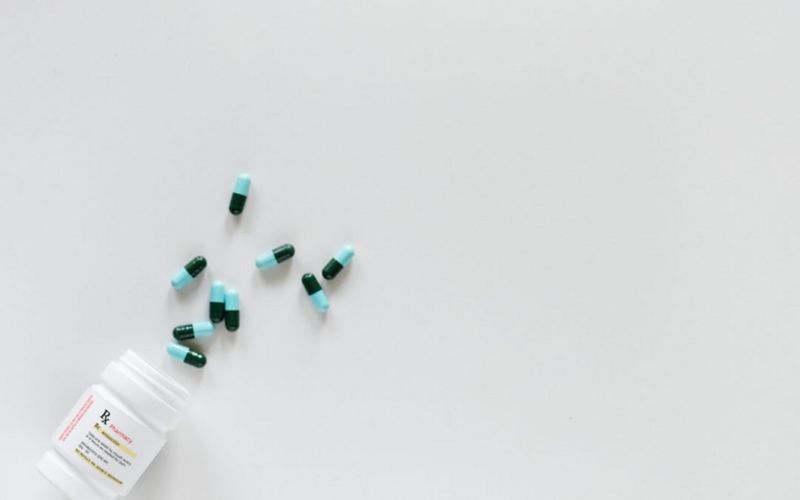When a person goes to the doctor and explains their symptoms: burping and burning in their chest after eating, waking up in the morning coughing, clearing their throat or even mucous dripping down from postnasal drip, the doctor more than likely will diagnose a severe case of gastroesophageal reflux disease (GERD). The patient will probably receive a prescription for a proton pump inhibitor (PPI) and receive a long list of foods to avoid. The doctor recommends a three-month trial.
After the three months, the symptoms have abated so the medication is discontinued. Unfortunately, the GERD comes back with a vengeance. This is called the rebound effect. Not only has the GERD returned, but the patient is returned to square one. What is someone to do? Staying on the PPI makes things feel better; however, the medicine is really just masking the symptoms because the acid is still there doing its damage. Not only that, but the PPI is doing damage, too.
What kind of damage can a PPI cause? It interferes with vitamin and mineral absorption, which are essential for the body to remain healthy. It decreases calcium levels, which means a fall could result in bone fractures of hips or wrists. Iron deficiency can cause anemia. Magnesium loss makes the body unable to regulate itself on many levels. The decrease in B12 affects the nervous system. PPIs also make individuals vulnerable to stomach viruses, E.coli, salmonella, and pneumonia. Dementia and kidney issues are problematic as well.
Getting to the real root of the problem is always the best bet. Find out which foods are causing the gut issues resulting in GERD. Seek out the lifestyle choices that can help avoid acid reflux. Finding the triggers does not necessarily mean those foods or lifestyle choices must always be avoided, but increases awareness of the consequences if they are ingested. These should be expected and not a surprise; then they can be managed mindfully and with less systemic damage.












